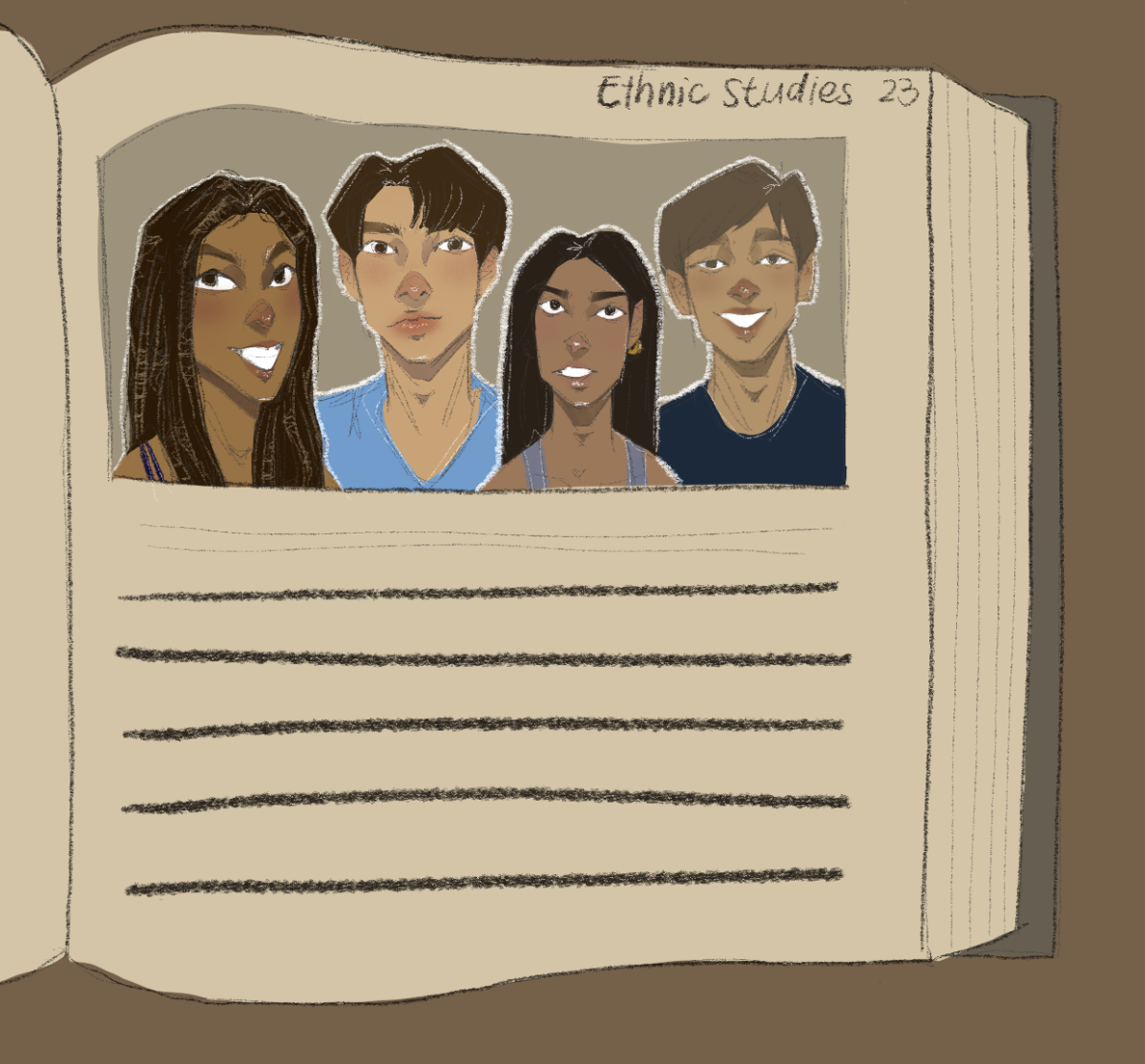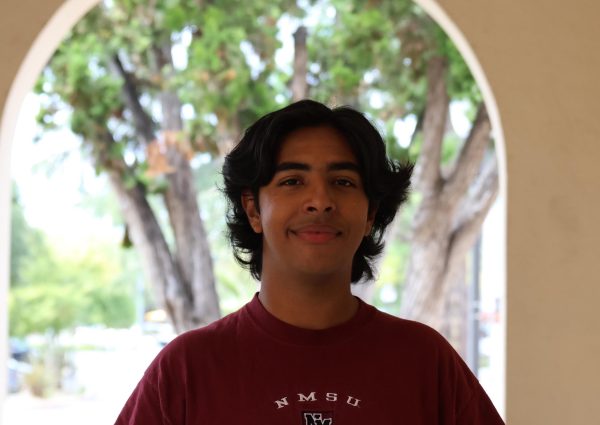Starting with the class of 2030 – the current seventh grade class – all PAUSD students will be required to take one semester of Ethnic Studies during their freshman year to fulfill new graduation requirements under California Assembly Bill 101.
In 2021, Gov. Gavin Newsom signed the bill into law, which requires all California public school students to complete at least one semester of Ethnic Studies to graduate.
The bill also says the course has to be offered by the 2025–26 academic year and must take effect starting with students completing high school in 2030.
However, the Bill does allow some flexibility for what school year the course is taken in and the curriculum used.
Social Science Instructional Lead Mary Sano was a member of the district’s Ethnic Studies committee and said the district’s Ethnic Studies class will replace a semester of the current World History requirement.
“In our district, World History is offered in three semesters, two in ninth grade and one in 10th grade. It will (now) become a two semester course,” Sano said.
While Paly already offers Ethnic Studies as an elective, Social Science teacher Justin Cronin, who has taught the course in the past, said the new version of the class will be different.
“It is going to be for ninth grade first semester, (but) it’s not simply plug and play –– the two courses are very different,” Cronin said.
Sano also said the existing elective will remain optional for juniors and seniors.
“We’re going to keep Ethnic Studies (elective) as an upper-class elective,” Sano said. “By that time, students will have had United States History, which just allows more depth and exploration of different groups of people.”
While the elective allows for depth, the mandatory course will also be flexible, Sano said.
“We’ve designed it with a lot of student choice,” Sano said. “There needs to be opportunities for kids to go into more depth and look more into identity or just what they are interested in. It should be designed so that students are looking at themselves and their local community.”
Assistant Superintendent of Secondary Education Guillermo Lopez said the district also plans to adjust the course based on student feedback and is even soliciting student feedback during PRIME for how the course should be developed.
Senior and President of the Black Scholars United Chase Cobb said she is happy the state is mandating an Ethnic Studies course because she said it will help promote inclusion.
“The change will be really helpful for making students who have a different background feel more comfortable,” Cobb said. “(BSU has) a couple of events we want to host on campus, and if Ethnic Studies is required for all students to take, I feel like it will further push those events we want to have.”
Senior Ella Bishop said the course should help students push their boundaries.
“It’s important you’re exposed to groups you’re not aware of, branching out of what you’re comfortable with,” Bishop said.
Furthermore, senior Mariam Tayebi said she hopes the course helps break down stereotypes.
“There’s so much misrepresentation and stereotypes, and that’s the main problem,” Tayebi said. “It’s important to start deconstructing stereotypes for when (students) first enter high school.”
But Cobb said she hopes the course doesn’t just portray African American history in a pessimistic manner, which is unfortunately, more normalized than it should be.
“Most of the time when we do learn about African American history, it’s in more of a negative way,” Cobb said. “Making it more positive to talk about accomplishments, or people who have made change in a good way, I feel like that’s really important.”
Cobb also said the course will help deconstruct the idea that Palo Alto is free of injustice.
“People look at Palo Alto all the time as a place (where) racism doesn’t exist, which isn’t true at all,” Cobb said. “Having this class as mandatory will relieve some of those feelings.”
As far as why the district expressed interest in requiring ethnic studies for the class of 2029 during the Sept. 12 meeting, Lopez said it was to strike a balance between being swift and being thorough.
“We felt that in order to better meet the needs of our students and get community input, and also allow our teachers to be properly trained and review the curriculum, it is probably best for us to begin (with) them,” Lopez said.
(See editor note at the end of the article about the correct timeline)
As for why it’s a freshman requirement, Sano said taking the course during their first year of high school will allow students to use what they learn over the next three years.
“As students enter high school and start the four-year process of classes in high school, they’re given an opportunity to explore identity and think about the diversity of our community,” Sano said. “We worked all summer on building the outline of this curriculum, the details are yet to come, but we’ve laid down a proposed outline.”
This story has been updated to reflect the board’s actual implementation of ethnic studies for the class of 2030, not the class of 2029 as originally stated.



Ryan Leung • Mar 21, 2024 at 9:56 pm
It’s sad that students graduating after 2028 won’t be learning about world history anymore.